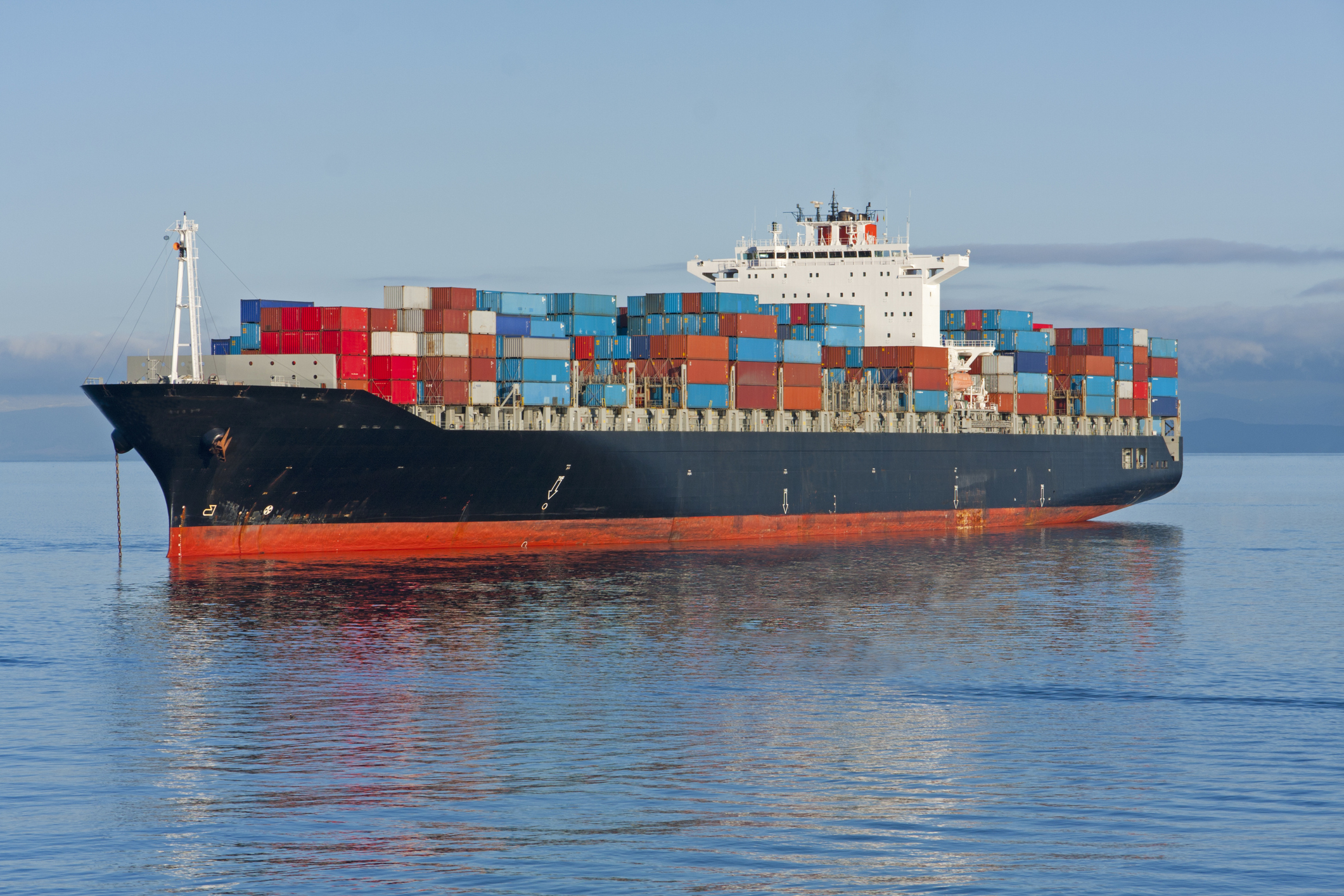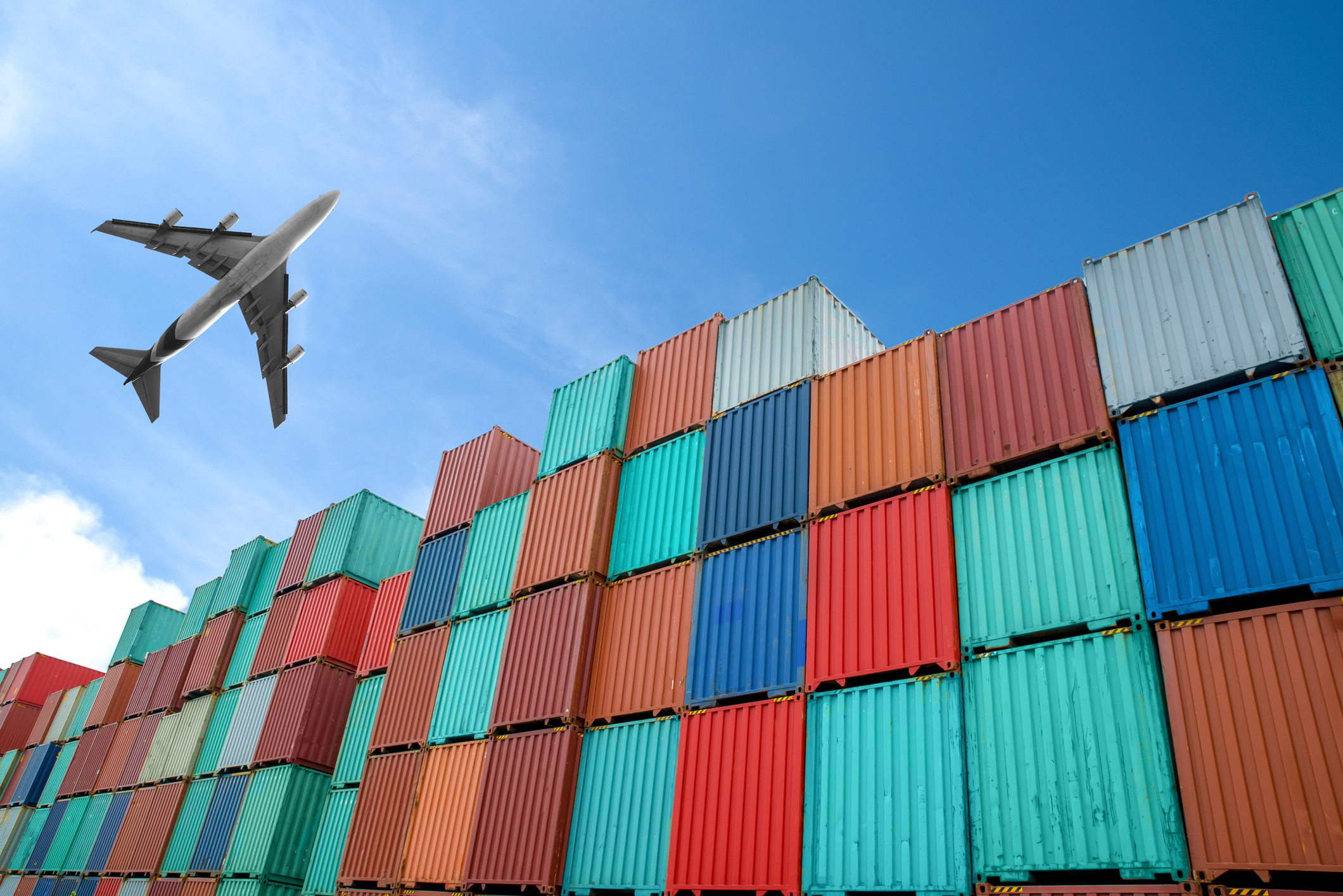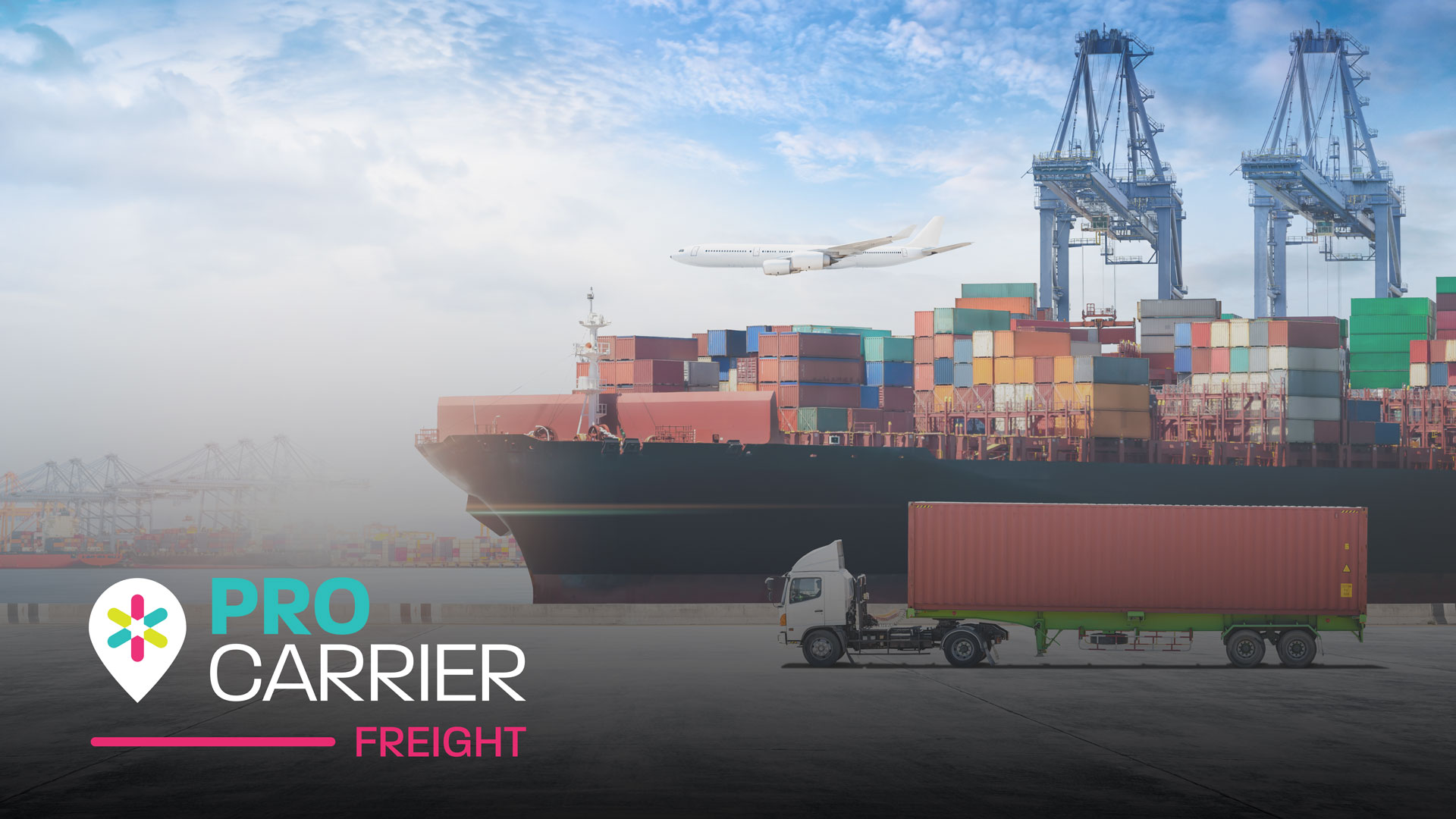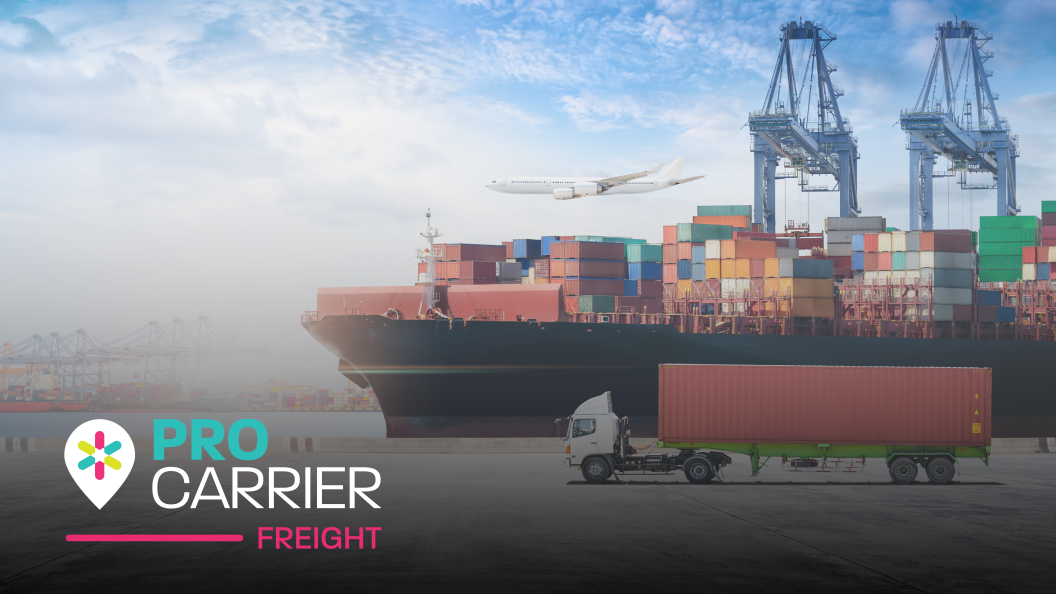Topic of the week: Maersk CEO Rules Out Red Sea Return Amid Uncertainty
Maersk CEO Vincent Clerc has stated that it would be irresponsible to resume transits through the Red Sea, citing ongoing uncertainty and volatility in the region. Despite recent announcements of a ceasefire deal, Clerc expressed concerns over the lack of clarity on the terms and contours of the agreement, warning that similar deals have been breached in the past.
Clerc's comments came during an earnings call, where he stressed that the situation in the region remains too complex and volatile to consider a return to the Red Sea route. He highlighted the strong link between the situation in Yemen and Gaza, and warned that the situation on the ground in Gaza is expected to worsen. Given the complexity and cost of redeploying Maersk's shipping networks, Clerc believes that it would not be responsible to attempt a return to the Red Sea route at this time.
The Red Sea route has been disrupted since October, following attacks on commercial vessels, forcing many carriers to reroute ships around the Cape of Good Hope, severely impacting container traffic through the Suez Canal. Clerc's remarks suggest that this disruption is likely to continue, with Maersk and other carriers prioritising safety over the convenience of the shorter Red Sea route.
The impact of the Red Sea disruption has been significant, with shipping industry experts estimating that the rerouting has added an average of 10-15 days to transit times, resulting in increased costs and congestion at ports. The Suez Canal, which is a critical waterway for global trade, has seen a significant decline in traffic, with some estimates suggesting that the canal's revenue has dropped by as much as 20 per cent since the Red Sea route was disrupted.
Clerc's comments have been met with understanding from the shipping industry, with many experts agreeing that safety must be the top priority. The situation in the Red Sea is complex and volatile, and it's understandable that Maersk and other carriers are prioritising safety. While the rerouting is adding costs and congestion, it's a necessary step to ensure the safety of our assets.
In the meantime, Maersk and other carriers are working to find ways to mitigate the impact of the disruption, including exploring alternative routes and increasing capacity on existing routes. While the situation remains complex and volatile, Clerc's comments suggest that the shipping industry is committed to finding solutions to ensure that trade continues to flow smoothly, even in the face of uncertainty and disruption.
Sea:
- Over the last two weeks China/East Asia to North America West Coast spot rates have decreased by 0.93% from $2,242/FEU to $2,320/FEU according to Freightos data.
- China/East Asia to North America East Coast spot rates have fallen over the last two weeks, decreasing by 2.3% to $3,386/FEU.
- Global container spot prices have fallen over the last two weeks, and are now sitting at $2,014/FEU, a 0.83% increase over the last two weeks and a 30.5% decrease from spot rates this time in 2024 according to the Freightos Baltic Index (FBX)

Air:
- Global Air Freight spot rates currently sit at $2.25, as rates continue to fluctuate according to the Freightos Air Freight Index (FAX)
- Europe to Northern America spot rates currently sit at $1.91 (100-3000kg), says FAX, decreasing by 9.4%
- Europe to Asia, Greater China spot rates currently sit at $1.18 (100-3000kg), says FAX, decreasing by 1.6%

That’s all for this week’s update…
Check out our other insights and articles for more in depth industry news and trending topics, or get in contact to discuss some of our best in class freight forwarding services!



